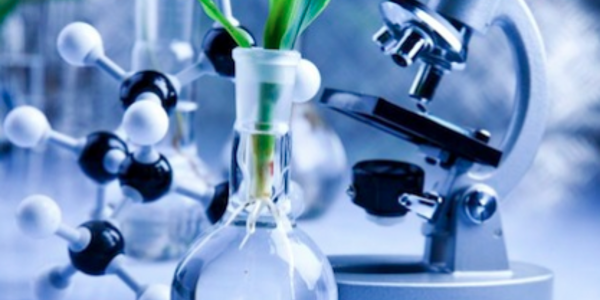Bioengineering is also referred to as genetic engineering. In simple terms, it can be defined as the modification of the genetic composition of an organism to achieve a different result other than the one expected. There are several advantages and disadvantages associated with this kind of genetic alteration as having been discussed below.
Pros:
1. Tackling and defeating diseases: Bioengineering has played a very vital role in ensuring that common diseases are defeated. Through genetic modification, some diseases have been defeated while others have been neutralized.
2. Getting rid of infant illnesses: Bioengineering has helped in eliminating the existence of infant illnesses among several infants in Africa and Europe alike. This has also reduced the infant mortality rate significantly.
3. Possibility of living longer: There is always the possibility of living longer thanks to the technology and modification brought about by Bioengineering. Scientists have been able to extend the life of some organisms by a few years.
4. Production of new foods: Bioengineering has played an important role in the production of new varieties of foods. As the global population grows, it is important to ensure that there will be sufficient foods for everyone in the distant future.
5. Grants human control overgrowth: Bioengineering has given humans the control they have always wanted as far as growth is concerned. Humans can now determine the time it takes for a crop to mature and be harvested.
6. It is a step towards solving global issues: Bioengineering has also played a vital role in solving numerous global issues that have bedeviled the world since the dawn of the 20th century. People can now control and solve issues such as hunger and climate change.
7. It is fun: Scientists have always pointed out that it is fun to have to alter the genetic composition of crops or animals in order to achieve an objective that nature would require more time to achieve.
8. Ability to create a new living thing: There is always the extraordinary satisfaction that is derived from the fact that people are able to create a completely new living thing out of the once in existence.
9. Leads to more nutritious foods: Bioengineering has led to the growth and production of more nutritious foods that would satisfy the nutritious needs of more people at a time.
10. Gives people the capacity to determine the taste of food: Bioengineering has also played an important role in giving humans the power to determine the taste of foods that they eat.
Cons:
1. Is it morally right? Most people have questioned the morality of Bioengineering because it is not what was intended. It is viewed by some as some form of mutilation of the existing species.
2. It may lead to genetic defects: Bioengineering exposes the existing organisms to dangers that might include genetic defects that may be permanent in a given species.
3. Limits genetic diversity: Bioengineering has also been blamed for the diminishing genetic diversity that is being experienced across the world. This may render some species extinct before their time.
4. It can be taken too far: In some cases, scientists have taken Bioengineering too far where some animals have had to be sacrificed during the experiments that did not even succeed.
5. The research has not been vast enough: The research around Bioengineering has not been vast or sufficient enough to give conclusive results especially in cases where animals are concerned.
6. It is irresponsible because many embryos die as a result of bioengineering: Some people have argued that Bioengineering is irresponsible because, in order to get the desired results, many embryos being subjected to tests end up dying.
7. It leads to euthanization which is not morally right: There have been numerous cases of scientists euthanizing animals that have been subjected to experiments that were not successful.
8. May lead to allergic reactions: In creating organic foods, Bioengineering may result in other types of foods that react with the body. This ends up being counter-productive as far as the research is concerned.
9. May lead to the development of resistant pathogens: In some cases, Bioengineering may cause the development of drug-resistant pathogens that turn out to work against humans.
10. Economic consequences: Too much money is invested in Bioengineering that would have been invested in other social projects.




My brother just started college and he is trying to decide what to major in so I am glad that I found this article because I did not realize that biomedical engineering has so many different important benefits that can help people! You make a great point that biomedical engineer will help to tackle and neutralize common diseases and my brother could be part of this research. Plus, the fact that it also includes research and ideas to decrease infant illness at birth and reduce the infant mortality rate would be a great way for my brother to make a positive difference in the world with his major!
Thank you for your Comment
this helped a bit in a persuasive and argumentative essay!, thanks for the enformation and all the other pages on different topics.
this helped a bit in a persuasive and argumentative essay! thanks for the information and all the other pages on different topics.
Simply unacceptable practice .
I agree. This should only be used if human lives are at stake or if animals aren’t being killed for no reason.